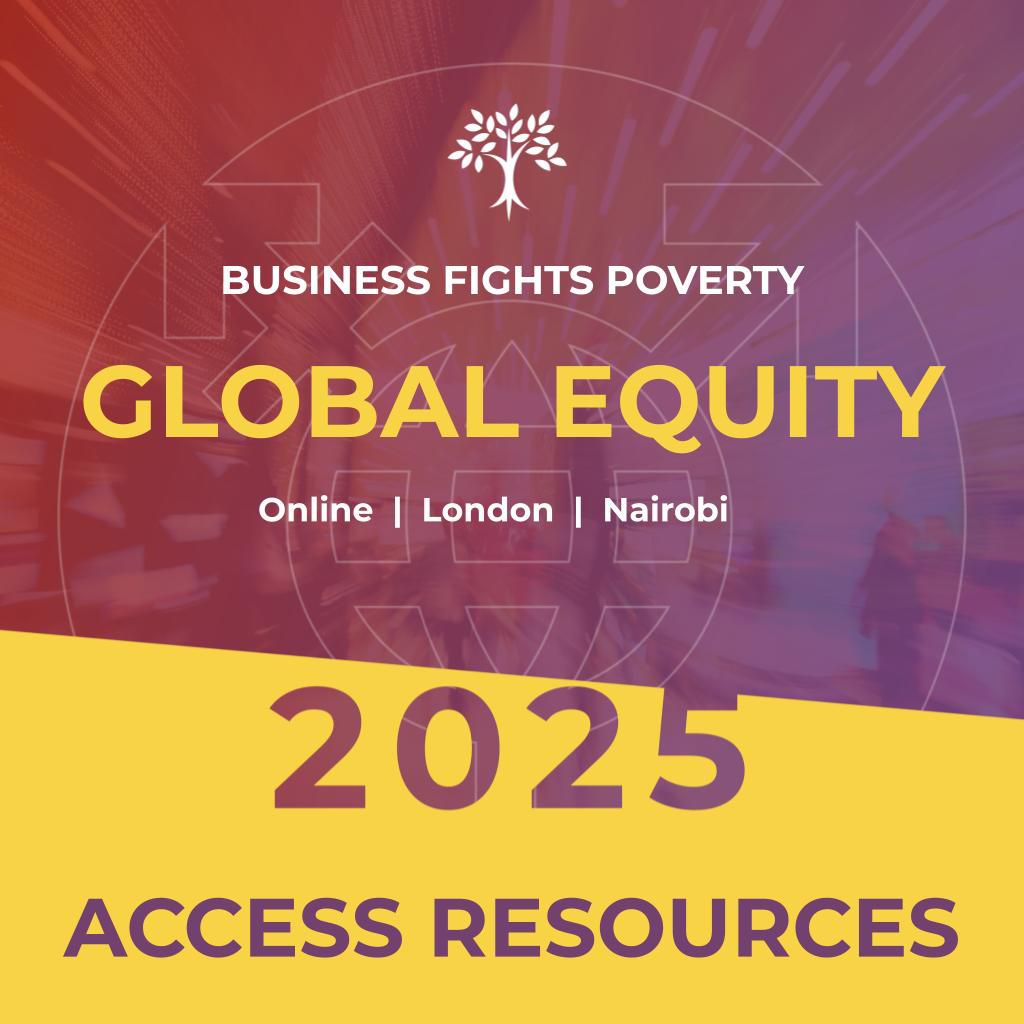Youth disengagement remains a significant challenge globally, giving rise to a range of consequences that permeate various aspects of society, which affects the results of the different decision-making processes and policies that are in place. Mostly, it creates a gap between beneficiaries.
There is a notable reduction in civic participation, encompassing diminished involvement in essential democratic activities such as voting and community service.
Lack of youth engagement hampers innovation and policy effectiveness, contributing to societal challenges, mental health issues, and educational setbacks, limiting future opportunities, as policies fail to address the needs of younger generations.
Through discussion with youth, we know young people are being affected by this disengagement, and they don’t feel welcome to play their role in supporting all decision-making and policy made on their behalf.
Youth disengagement is a global challenge and opportunity; this article emphasizes its significance, provides examples, and calls for action to achieve sustainable development goals.
What is Youth engagement?
When young people participate in meaningful opportunities and roles that allow them to build on their strengths, take on responsibilities, and contribute to decisions that affect themselves and others1 – that is youth engagement.
● In program, organizational, and community contexts, youth engagement involves collaboration between adults and young people toward shared goals.
● The engines of youth engagement are strength-based relationships, experiences, and environments that offer opportunities for positive development.
● Genuine youth engagement requires that adults share power with youth. Adults are accustomed to making decisions in program and organizational contexts and are typically not accustomed to ceding power to young people. Preparing adults for youth engagement, including power sharing, is essential.
● Youth engagement typically involves young people taking on new roles. Preparing youth for new roles and responsibilities is essential.
What is significant youth engagement?
There are 1.2 billion young people aged 15 to 24, accounting for 16 percent of the global population. By 2030, the target date for the Sustainable Development Goals (SDGs) that make up the 2030 Agenda, the number of youth is projected to reach nearly 1.3 billion.
Human development happens through interaction with other people and social systems. To mature, we need experiences and relationships that challenge us. Development occurs within supportive environments that give us opportunities to belong, develop competencies, build on our strengths, find our passions, and contribute to others’ progress.
Limited positive relationships and insufficient opportunities hinder youth development; community offerings often exclude, prioritize adults, or overlook trauma considerations for young individuals.
When we successfully engage youth in programs and organizations, we show young people that they matter. They experience belonging and connection. And they develop and exercise competencies to help them achieve their goals2.
Youth engagement is an opportunity – for businesses, governments, and alliances alike to be intentional in their solution-engineering and for young people to be co-creators as decision-makers in their futures.
Why is youth participation important in decision-making?
Full participation of youth contributes to positive youth development. Research conducted by the Ministry of Youth Development (Advisory Group) shows that effective youth participation is about creating opportunities for young people to be involved in influencing, shaping, designing and contributing to policy and the development of services and programmes. These opportunities are created through developing a range of formal and informal mechanisms for youth participation, from youth advisory groups to focus groups, from ongoing consultation work to supporting youth-led projects3.
Ways to include Youth in Decision Making
We are not just telling you to engage us, we are offering 7 meaningful strategies to do it. Increasing our representation in laws, policies, and dialogues, reaching us where we are, and recognizing us for our unique offering to sustainable development and scalable impact, governments, organizations and the private sector can foster an environment where young people are actively engaged in shaping policies that affect their future.
The roles of the private and public sectors in the Youth engagement:
Youth voices and engagement can’t exist without the vast contribution and intervention of the private and public sectors from their policy-making and dissemination of opportunities.
Trust, engage, and provide opportunities for youth to accelerate goals; their substantial numbers make them crucial contributors to shaping the future. Youth engagement yields positive global transformations; belief in and support for the youth can create sustainable paths and ensure their voices are heard for impactful change.
If we include today’s youth in decision-making and prioritize meaningful youth engagement with them, they will then adopt this way of working and continue these efforts when they are no longer the youth.
Youth Voices and Their Recommendations – Call to Actions
- We encourage the public and private sectors to open their doors for us, the youth, and engage us in decision-making processes. Nothing about us, without us! (Alain Ibarushamaboko)
- We need Governments to put in place policies that incentivize meaningful engagement of youth and scale efforts to measure the impact it has on the socioeconomic environment (Sophia Abeid)
- Let’s collaborate and take a multi-stakeholder approach to raise awareness of the value of youth engagement and co-design our interventions, solutions and strategies to remedy youth disengagement (Raya Bou Jaber)
Ways to Meaningfully Enagege Youth – Infographic
Annex of References
1 https://actforyouth.net/program-toolkit/youth-engagement/
2https://actforyouth.net/program-toolkit/youth-engagement/ 3https://www.myd.govt.nz/working-with-young-people/youth-participation-in-decision-making/index.html#A boutYouthParticipation1










